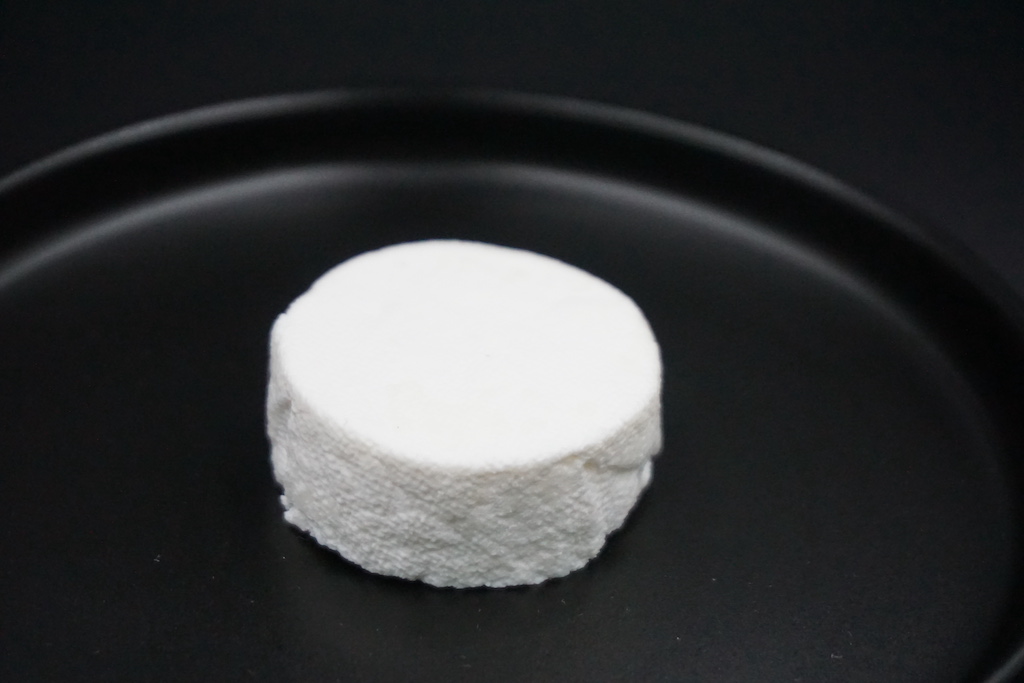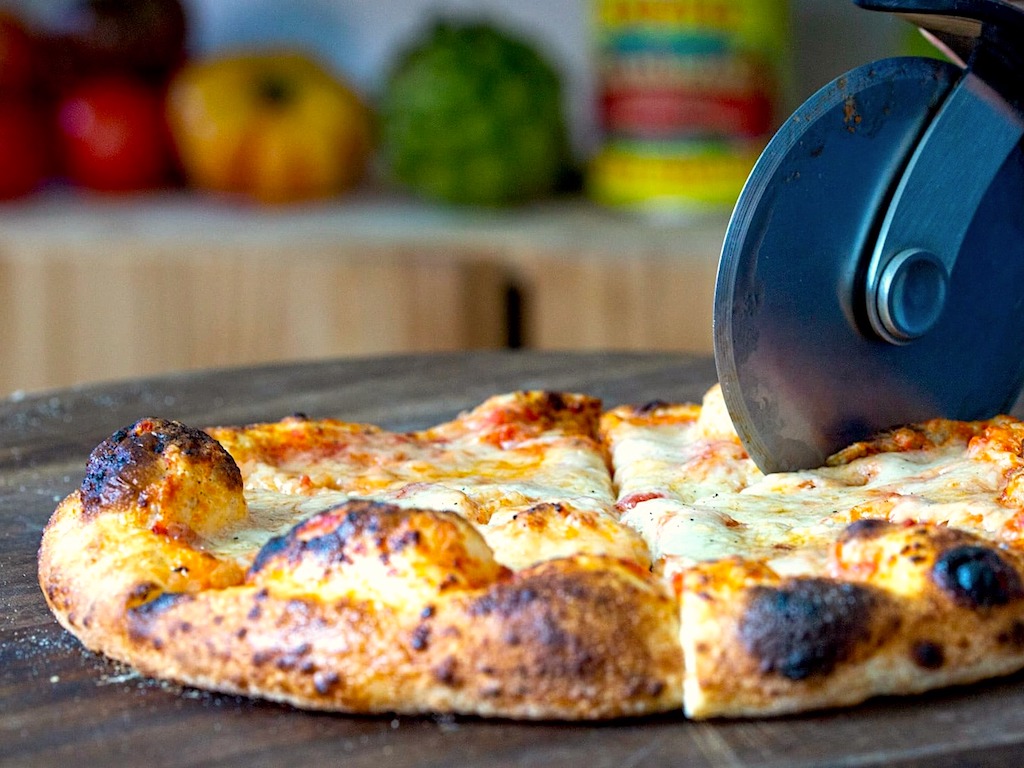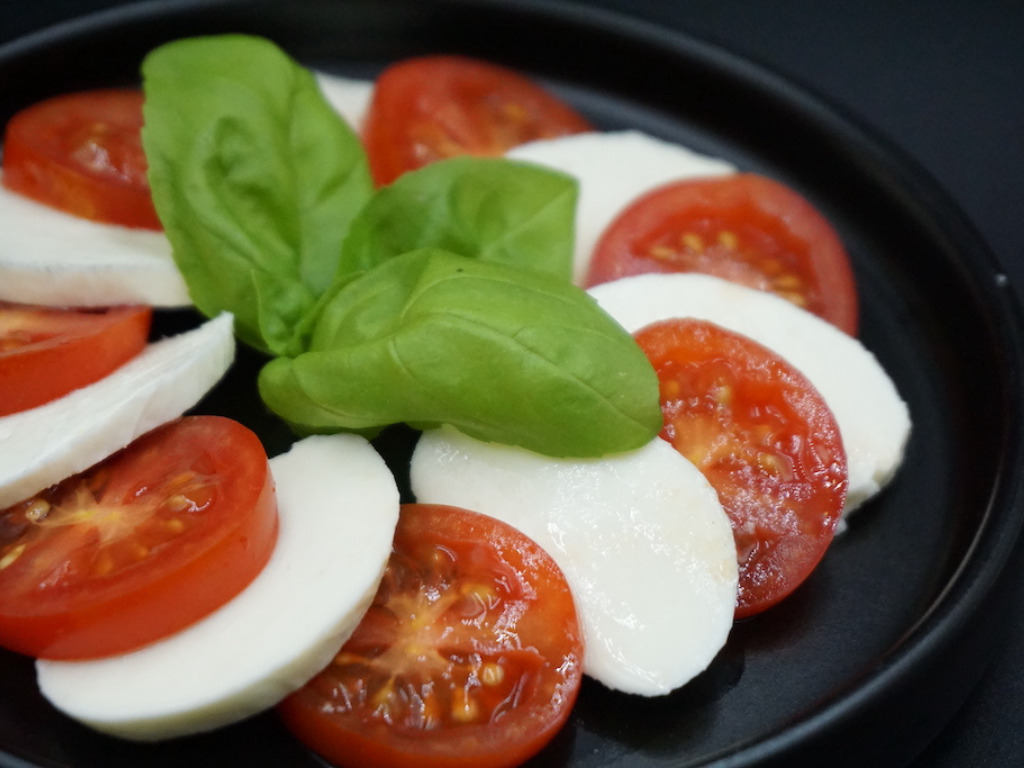4 Mins Read
Austria-based biotech startup Fermify has announced the closing of a $5 million Seed funding round for its precision fermentation milk protein.
Fermify’s new funding was led by Climentum Capital, an Article 9 Climate Tech fund investing in companies capable of transforming industries and significantly reducing CO2 emissions, with participation from several female investors, including Dörte Hirschberg from Climentum, Bettine Schmitz from Auxxo, and Nina Wöss from Fund F.
‘Economically viable vegan cheese’
Fermify, which was founded in 2021 by Eva Sommer, a serial vegan food tech entrepreneur, and her former professor Christoph Herwig, an influential figure in bioprocess engineering, is one of just a handful of precision fermentation producers working on replicating casein — a dairy protein integral to cheese production. The company says it already has 45 global customers in the pipeline, with plans to begin delivering products later this year.
“We have very strong demand from various customers and will have to select carefully the first 2 or 3 pilot customers that we start working with, allowing them to be first to the market with economically viable vegan cheese,” Sommer said in a statement.
The new funds will enable Fermify to accelerate bioprocess optimization and full digitalization, as well as expand its team to meet global demand for its groundbreaking animal-free production system.

“It is still very rare to work together with a group of strong female co-investors, especially on deep tech and high impact topics like this,” Hirschberg, General Partner of Climentum Capital, said of Fermify’s investment team.
Currently, vegan cheese alternatives only account for a 2 percent market share, compared to 20 percent for plant-based milk products, says Fermify. This disparity, the company says, is due mainly to vegan cheese lacking the same properties as conventional dairy cheese — chiefly melting and stretching. But Fermify’s casein is bio-identical to conventional dairy, only it’s made through microorganisms instead of cows, which makes it a more sustainable and ethical alternative to conventional.
Fermify says its proprietary continuous bioprocess could also make it much cheaper than conventional dairy. It says its tech could lead to a 50 percent cost reduction compared to traditional batch fermentation, achieving cost parity with conventional cheese by 2027.
“What excites us is that Fermify is not a cheese alternative, but a cheese equivalent, at groundbreaking cost,” Schmitz said.
Shifting to sustainably made dairy products is critical in the fight against climate change. Cows are significant contributors to methane emissions, a greenhouse gas far more potent than CO2. Preliminary life-cycle analysis suggests that Fermify’s technology could potentially cut annual greenhouse gas emissions by over half a million tons of CO2e within the next decade — reducing the need for millions of cows in milk production.
New Culture
California’s New Culture is also working with casein to produce dairy-identical mozzarella. it just announced a collaboration with James Beard Award-winning chef Nancy Silverton to debut its cheese at her iconic Los Angeles restaurant, Pizzeria Mozza.

“We always try to accommodate our guests at Pizzeria Mozza, including those with unique dietary preferences. However, we don’t always have the right solution,” Silverton said in a statement. “I’ve always been of the school of thinking that just because it’s a substitute doesn’t mean it needs to be anything less than spectacular. When I tried New Culture cheese, I was surprised and excited by the integrity of the product and really felt it lived up to our standards. I am so excited to offer New Culture cheese at Pizzeria Mozza.”
Like Fermify, New Culture’s mozzarella is made via precision fermentation casein for a cheese without animal inputs, which the company says makes it free from cholesterol, lactose and trace hormones and antibiotics while having the versatility to bake, bubble and brown in wood-fired, gas and electric ovens up to 850°F.
“We believe consumers shouldn’t have to compromise on stretch, melt, taste or sustainability when enjoying their favorite cheeses and we can’t wait to see New Culture mozzarella on pizzeria menus nationwide,” said Inja Radman, CSO and co-founder of New Culture.




